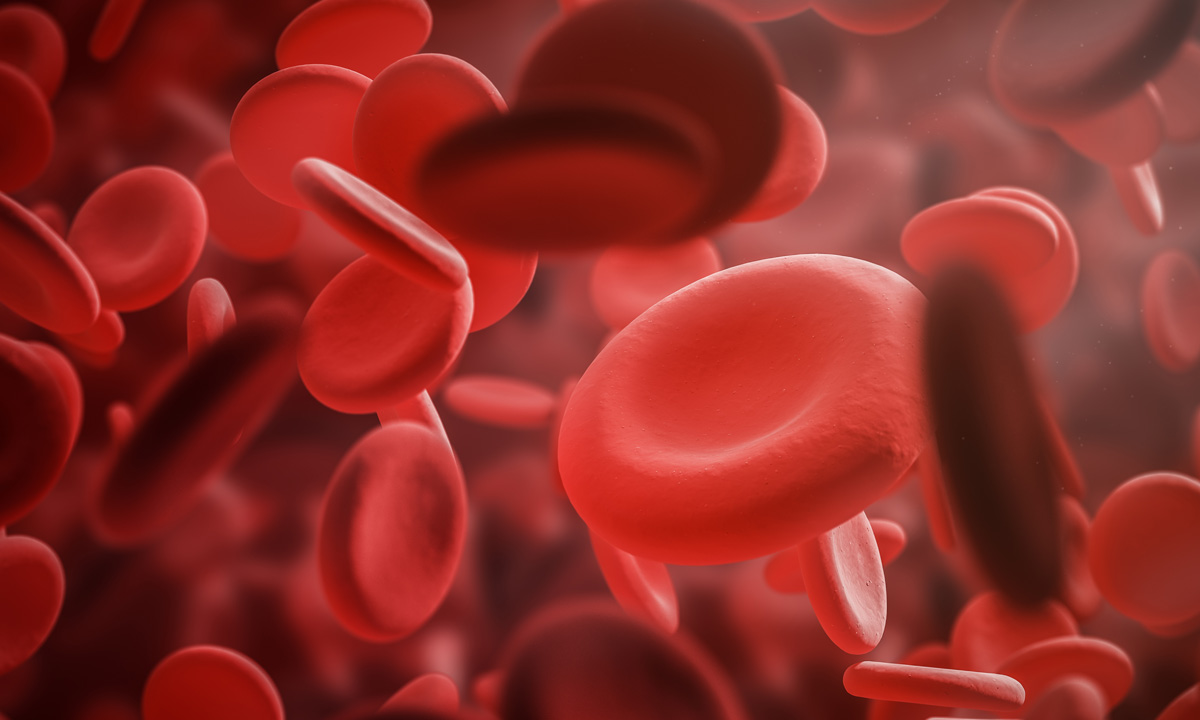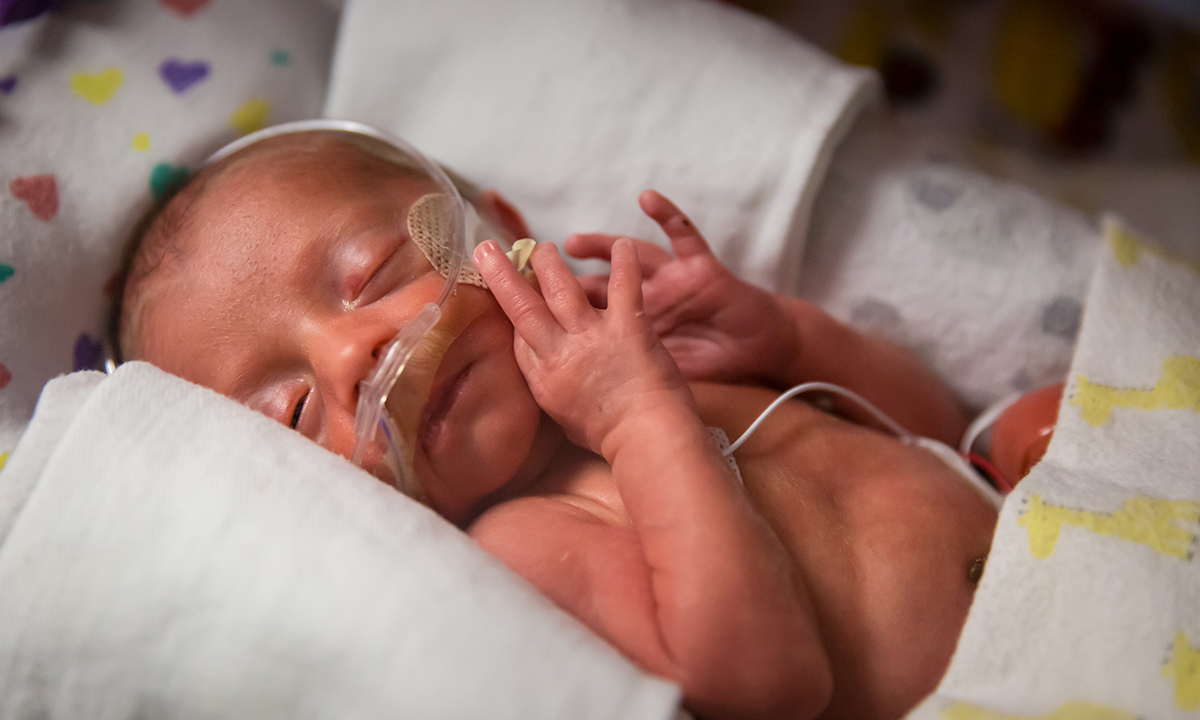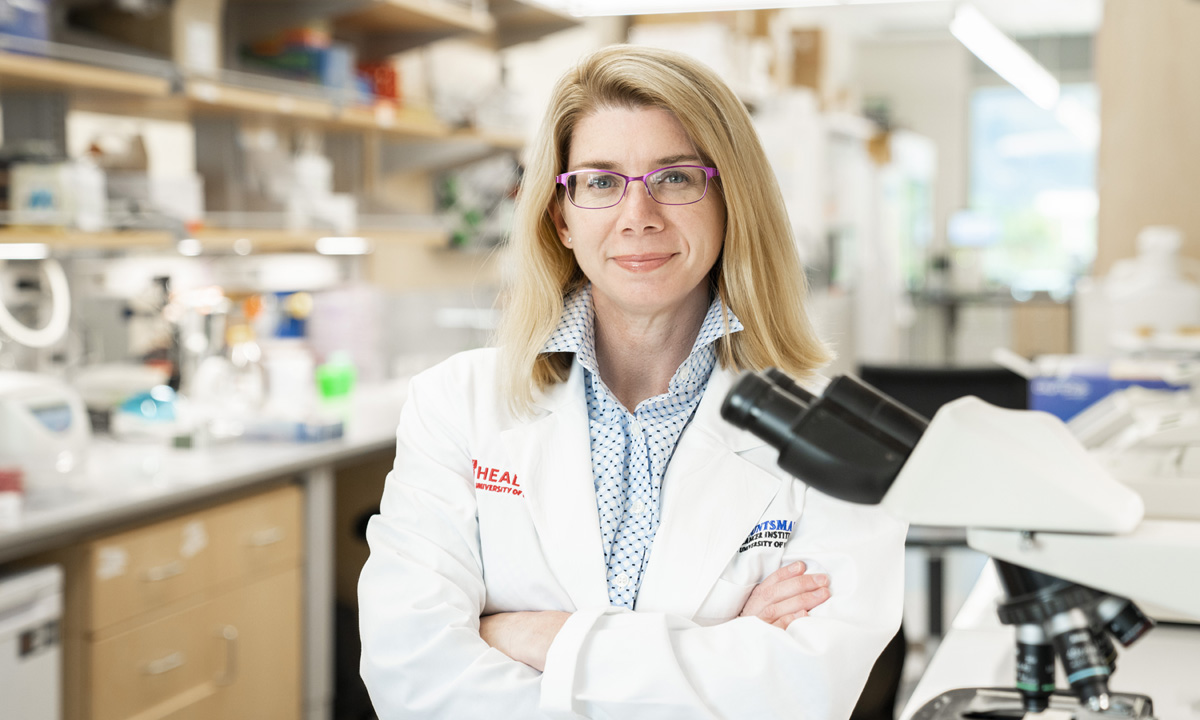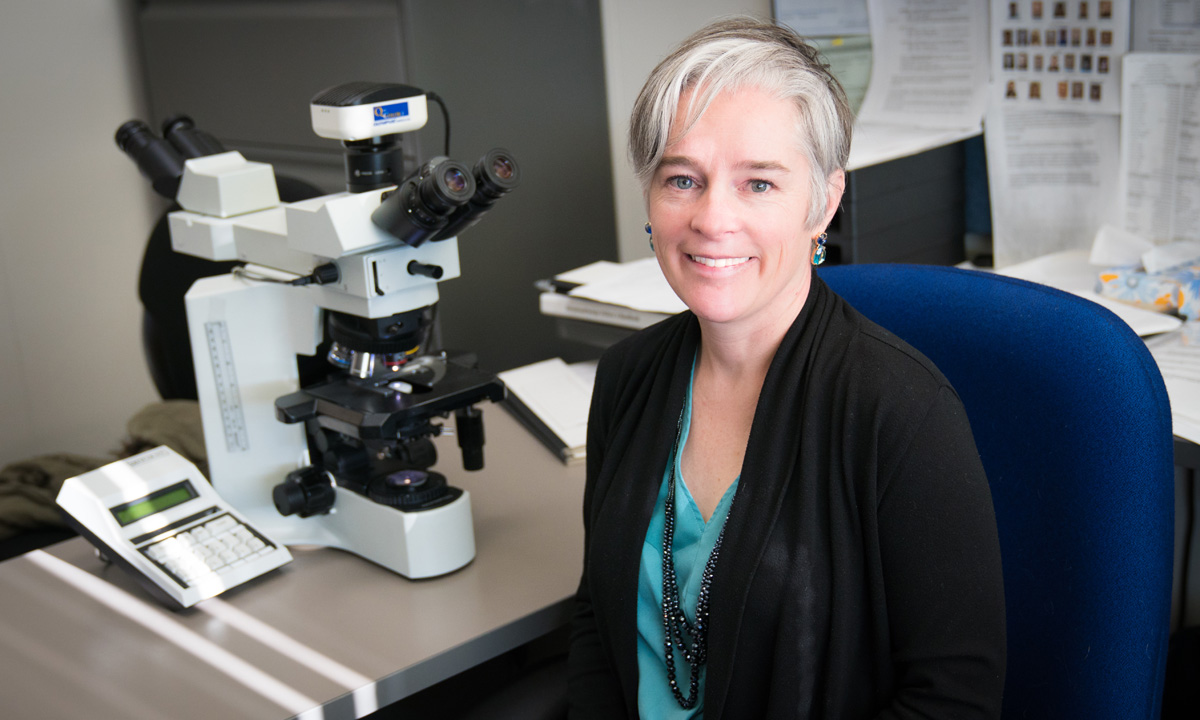ARUP Consult released new and updated resources on genetic cardiovascular disease, the effects of common anticoagulants on coagulation testing, laboratory testing for primary sclerosing cholangitis.
Utah added screening for GAMT deficiency to its NBS panel in 2015, becoming the first state to do so. It is now one of only three states to screen for the condition.
In December 2020, Utah’s Newborn Screening Program identified the first patient with guanidinoacetate methyltransferase (GAMT) deficiency solely through newborn screening.
Karl Voelkerding, MD, FCAP, once imagined practicing medicine as a primary care physician in a rural setting. Instead, Voelkerding would become one the world’s leading experts in NGS.
ARUP Laboratories announced today that the Food and Drug Administration (FDA) has filed ARUP’s premarket approval application (PMA) for an AAV5 total antibody assay.
In collaboration with ARUP Laboratories’ genomic scientists and bioinformatitians, University of Utah Health announced a project with the goal of accurately detecting genetic disorders among newborns.
In a recently published study, Allie Grossmann, MD, PhD, details one factor behind how and why melanoma metastasizes so quickly while identifying better ways to treat this lethal skin cancer.
Recently, three scientists at ARUP published a study that shows how symptoms of CM-AVM can be distinguished from a similar disorder, hereditary hemorrhagic telangiectasia (HHT).
Pharmacogenetics (PGx) is an area of testing that assesses the genes that affect the body’s response to medications.
Kristin Hunt Karner, MD, brings her expertise to ARUP diagnostics every day. She is a medical director for two ARUP departments, Hematopathology and Molecular Oncology.
The laboratorians in the ARUP Immunohematology Reference Laboratory spend their days determining the more complex blood types of patients.
Dr. Gwen McMillin says ARUP's new therapeutic drug monitoring (TDM) for imatinib has definite patient benefits.

















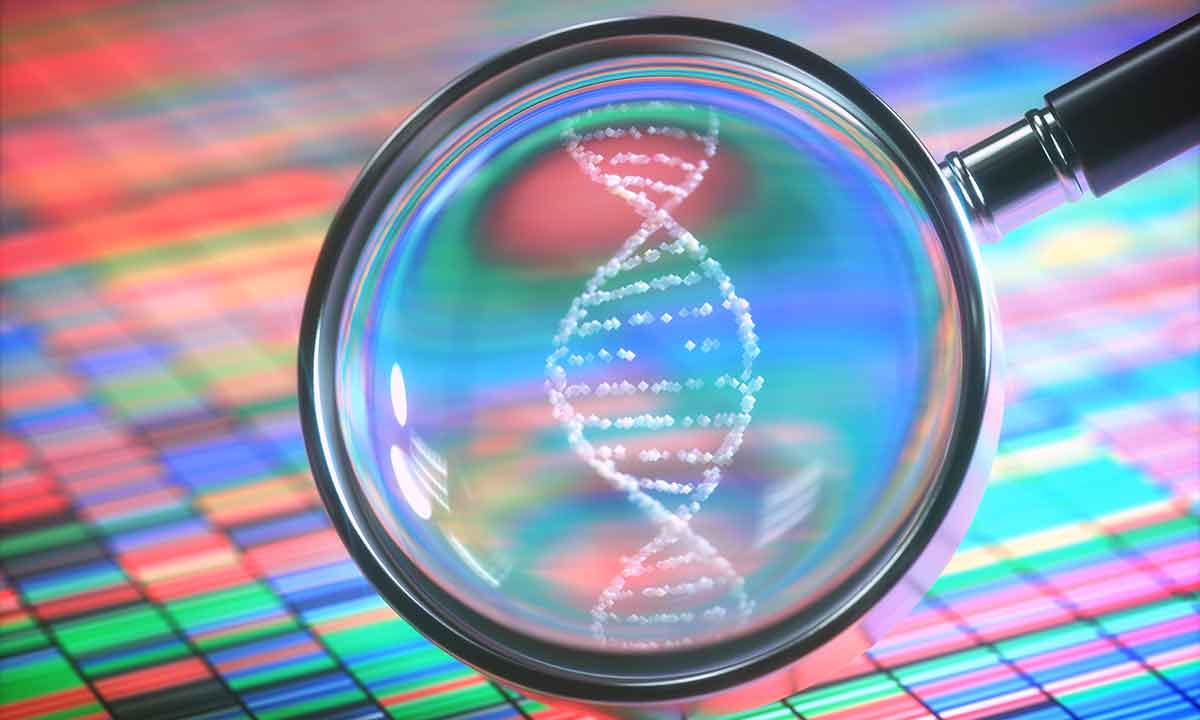

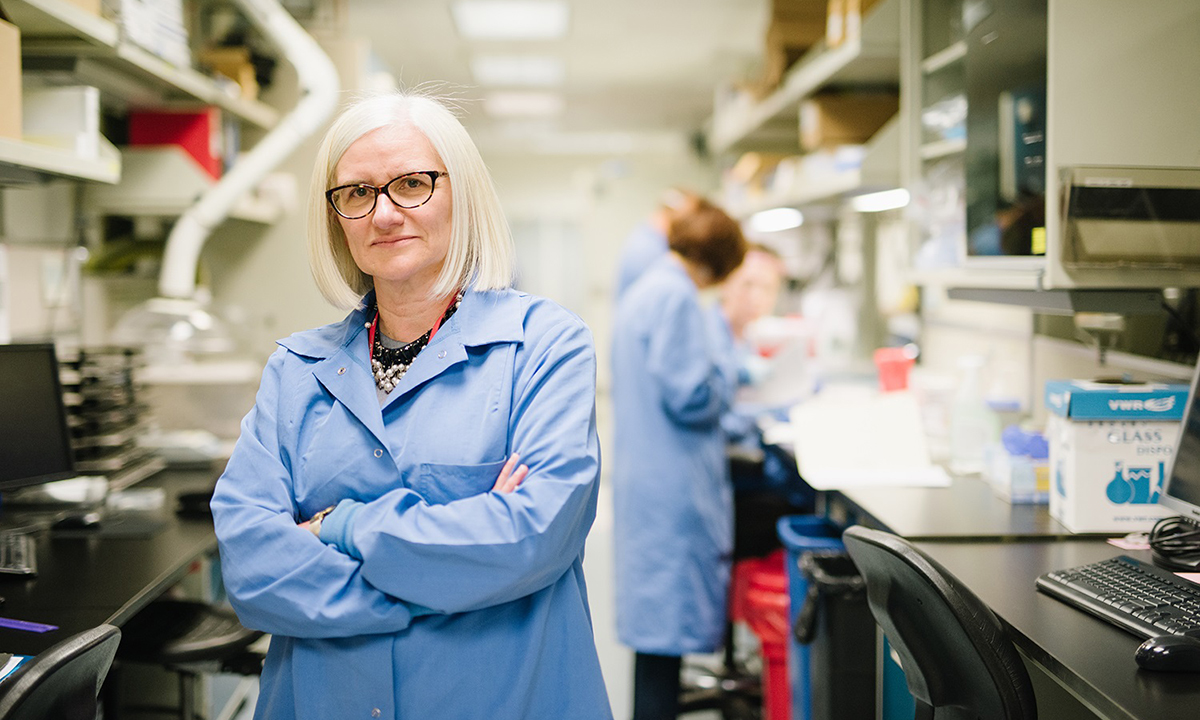
 Karl Voelkerding, MD, FCAP, retired from his position as medical director of genomics and bioinformatics at ARUP on July 1, 2020.
Karl Voelkerding, MD, FCAP, retired from his position as medical director of genomics and bioinformatics at ARUP on July 1, 2020. 